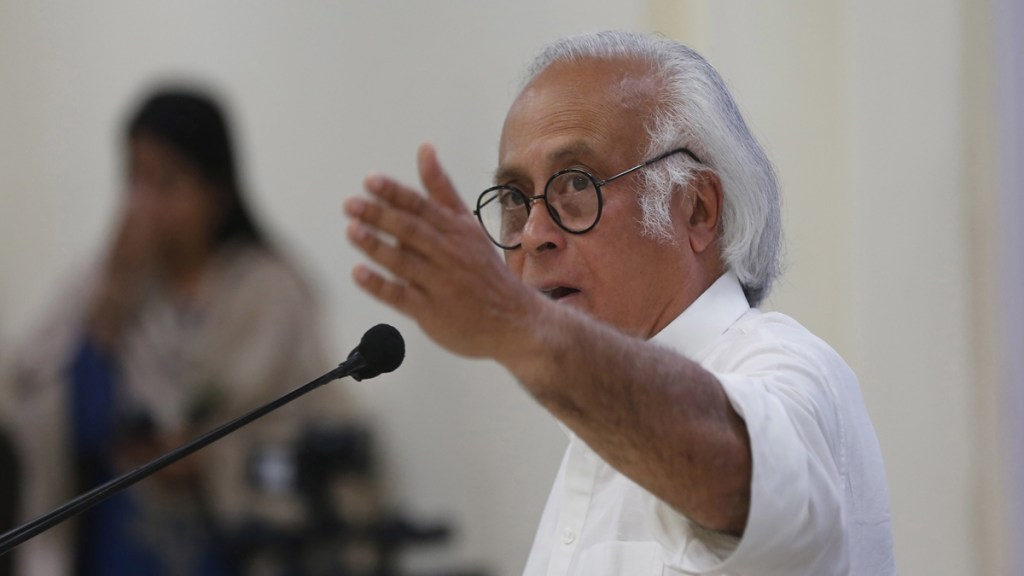Congress leader Jairam Ramesh took a swipe at Prime Minister Narendra Modi on Wednesday — raising ‘serious questions’ about the India-UK Free Trade Agreement. The document was finalised in May after nearly three years of negotiations, and it is likely to be signed this week during PM Modi’s visit to the UK. Ramesh however, claimed that the agreement would have significant consequences for Indian businesses — especially MSMEs, automobile manufacturers and the pharmaceutical industry.
‘India has failed to…’
Ramesh cited various issues raised by Delhi-based think tank Global Trade Research Initiative — noting that the FTA would allow British firms to participate in the procurement of goods and services of non-sensitive central government entities.
“This opens up a huge market of an estimated $600 billion to UK firms. This FTA is a marked shift in Govt policy – previously, India had kept Govt procurement out of trade deals. This is one of the last few remaining arenas of industrial policy available to India to spur local enterprises. That avenue is now endangered,” he cautioned.
India has also greenlit its first-ever auto tariff concession by cutting car import duties from 100% to a meagre 10% cess. Ramesh alleged that the decision would undermine the Make in India narrative and lay the groundwork for similar concessions with the US and the European Union.
“India has failed to secure an exemption from the Carbon Border Adjustment Mechanism, which will allow the UK to impose carbon taxes on Indian products even as we grant them duty-free access. The same precedent will now roll over to the EU, with whom India is currently negotiating,” he added.
New Delhi has also agreed to adopt strict patent rules under the FTA — more than required by the World Trade Organisation’s TRIPS Agreement. The move marks a significant shift from longstanding policies to limit patents and could make access to generic medication more difficult in India.
“For the first time, India has agreed to patent rules that go beyond the WTO’s Agreement on Trade Related Aspects of Intellectual Property Rights. This is a historic shift in the Indian Government’s policy and signifies a submission to the big pharmaceutical lobby. This will impact access to affordable medicines within India and endanger our position as a global leader in manufacturing generic drugs,” the Congress leader alleged.
PM Modi in UK
Prime Minister Narendra Modi departed for the United Kingdom on Wednesday — the first leg of a two-nation visit that will also take him to the Maldives later this week. The visit is aimed at boosting bilateral ties with the signing of the much-awaited Free Trade Agreement as a key highlight. PM Modi will hold wide-ranging talks with British Prime Minister Keir Starmer, covering trade, defense, climate, innovation, and education. He will also meet King Charles III.India and the UK will discuss strengthening their defense and security ties, including regular military exchanges and collaboration on critical technologies like artificial intelligence and semiconductors.
